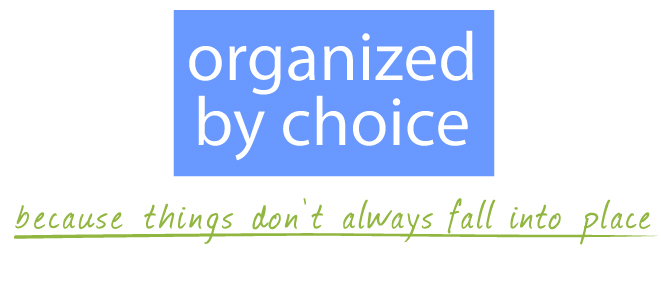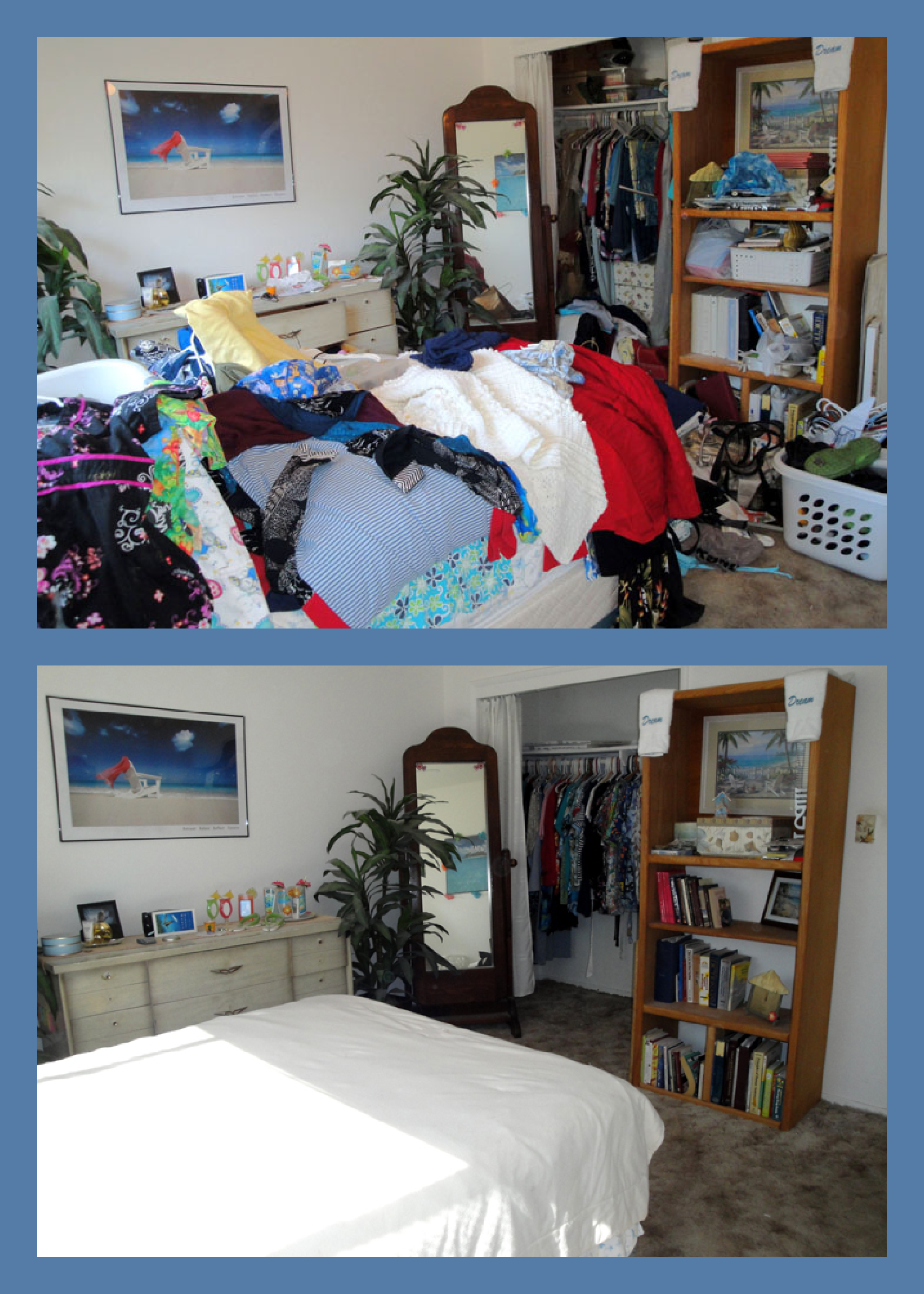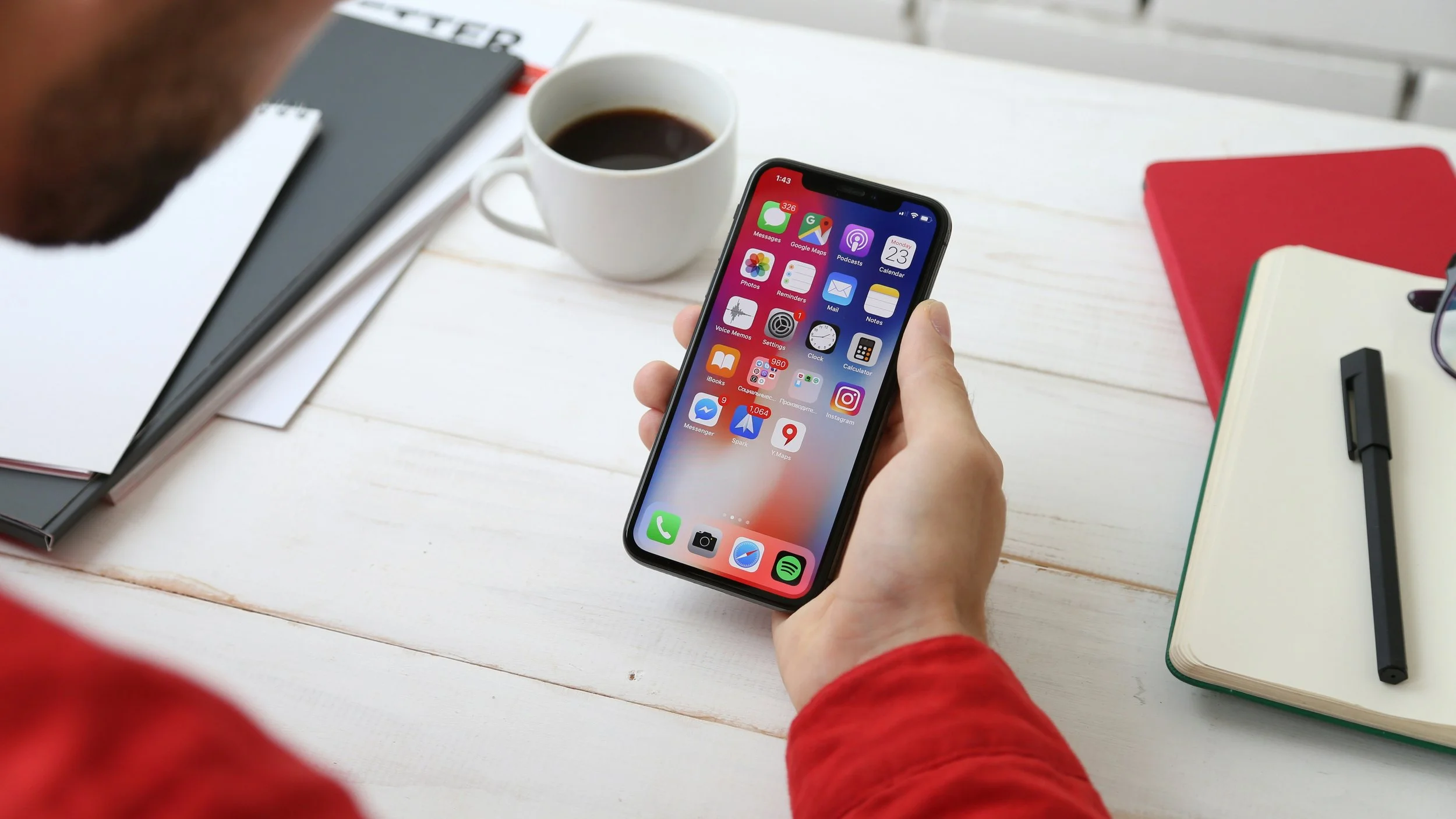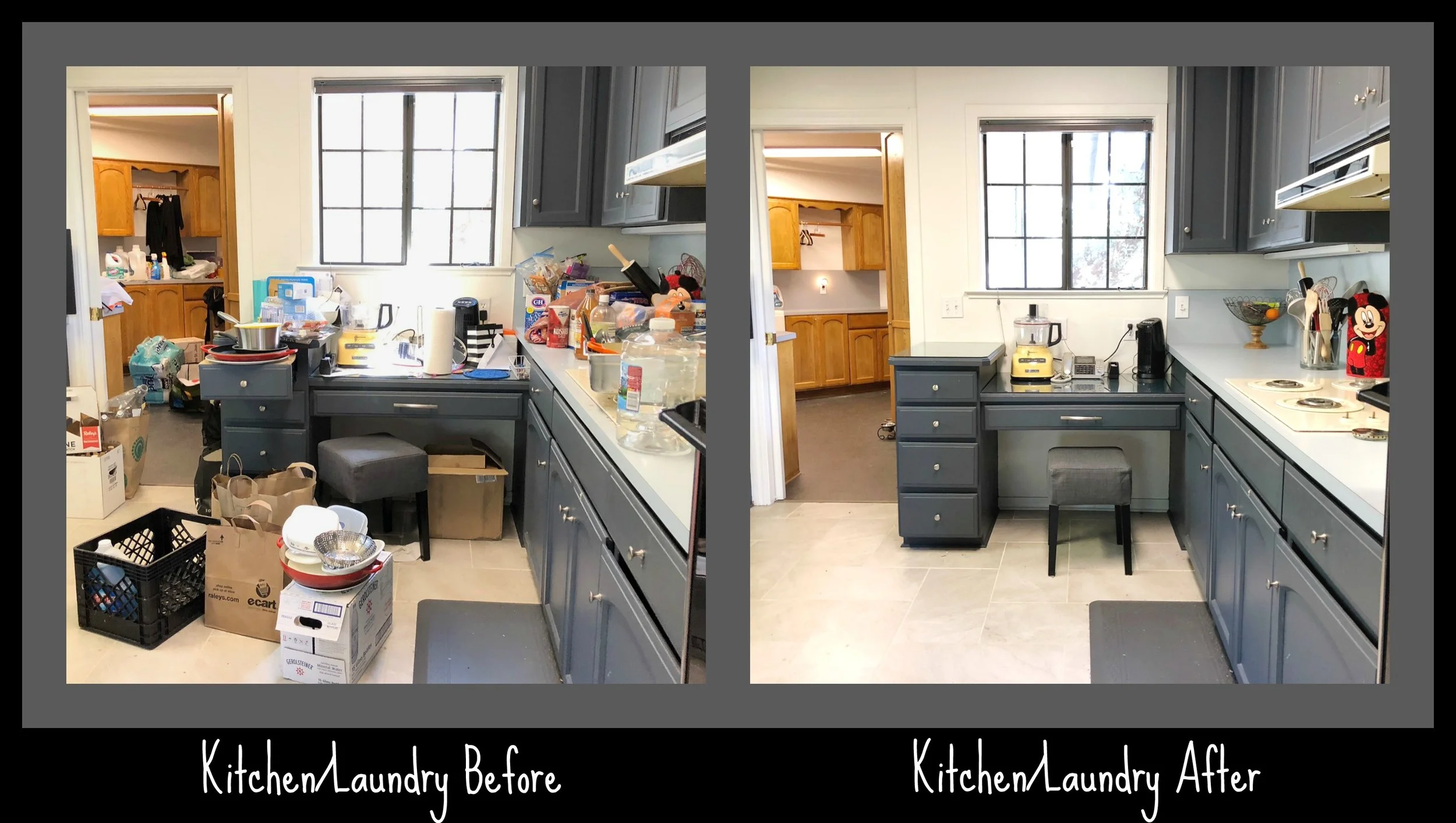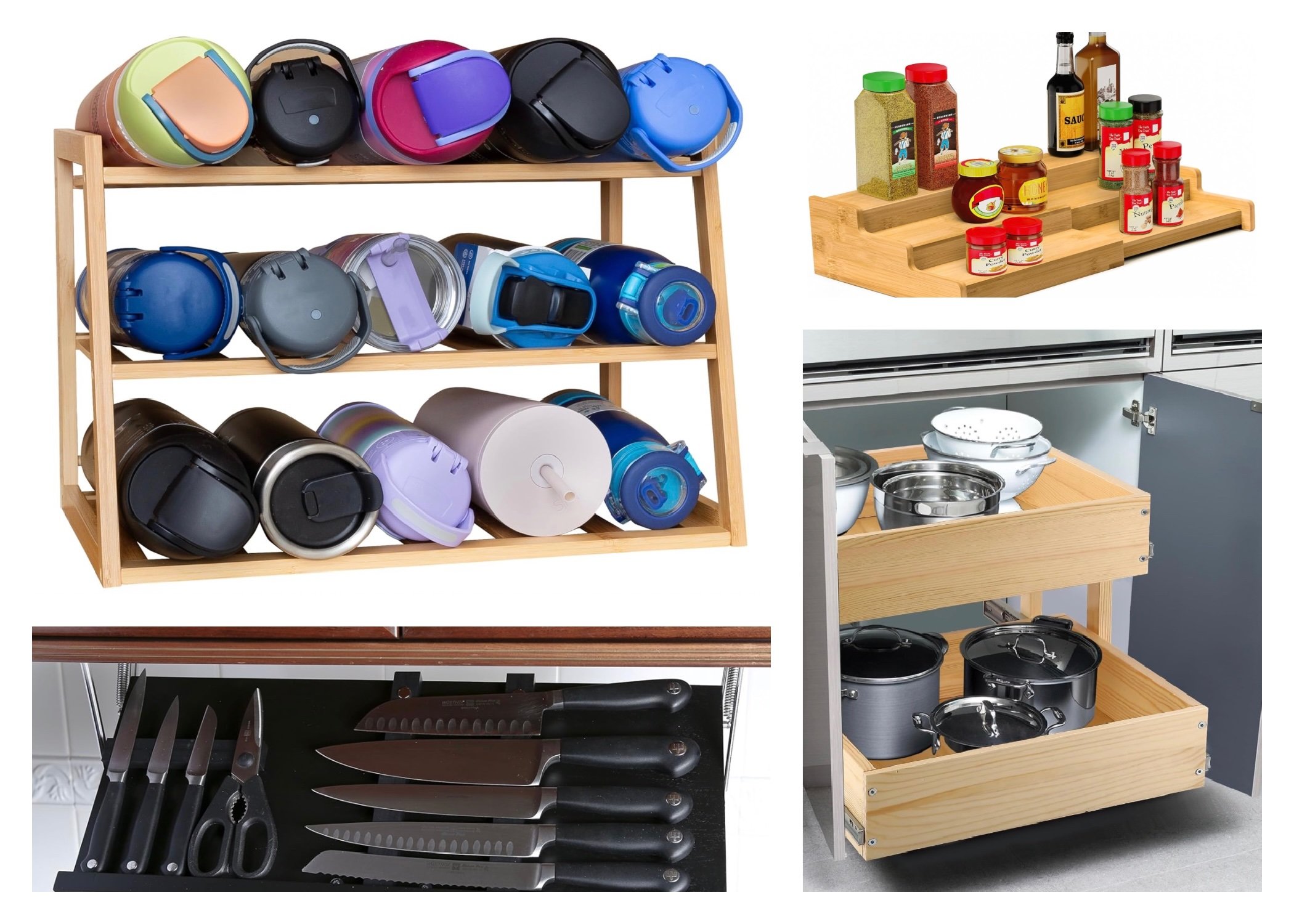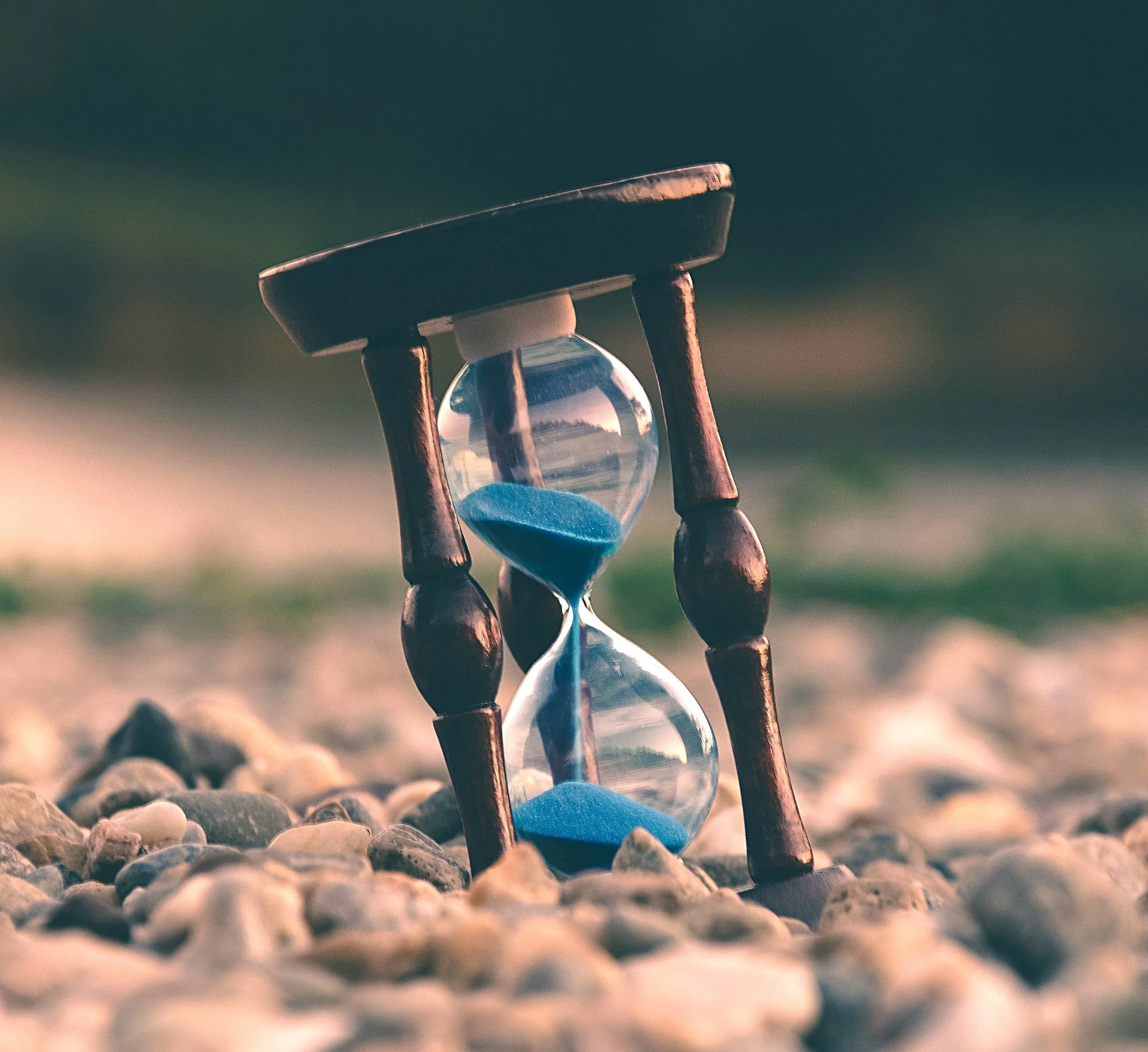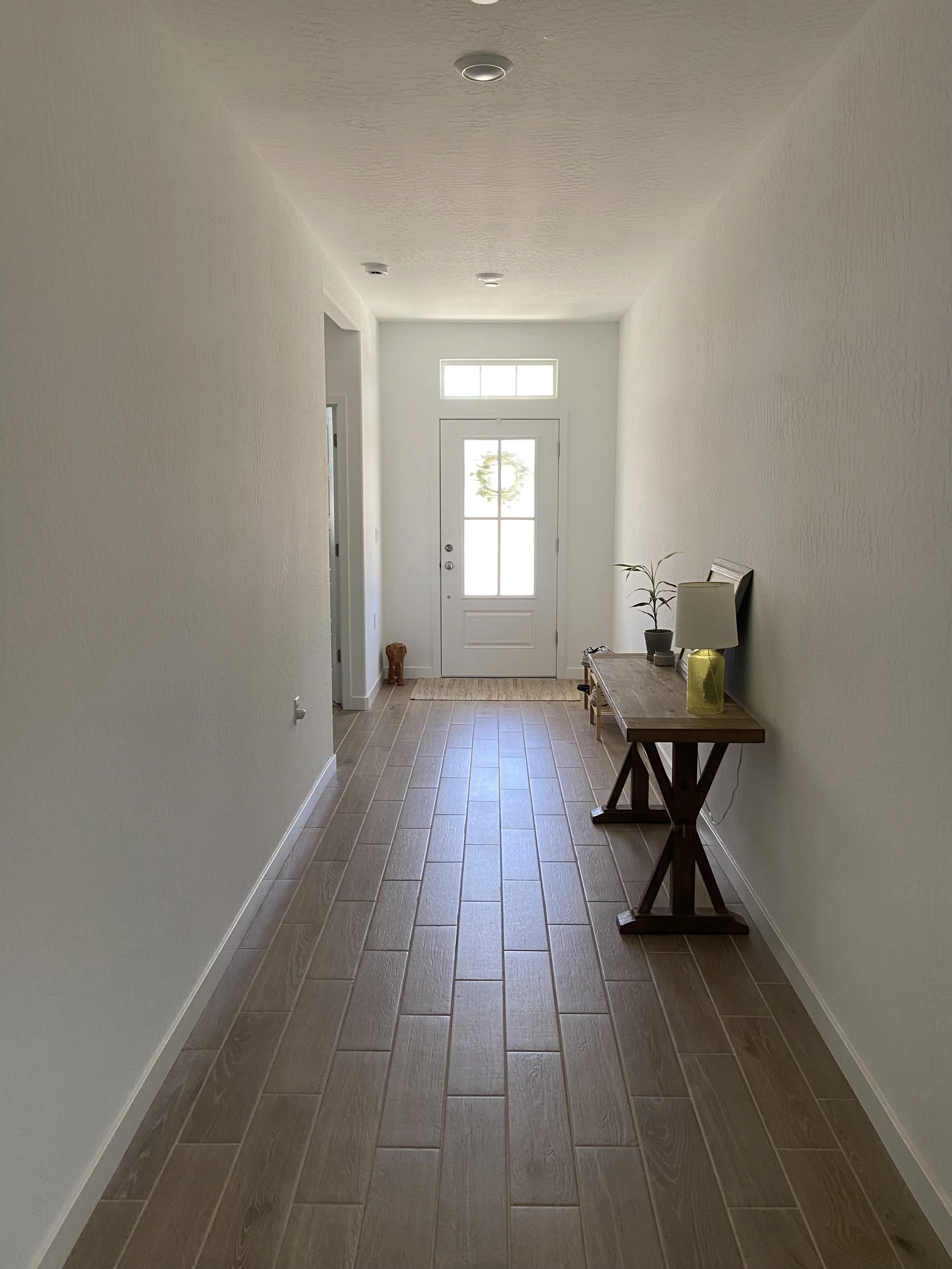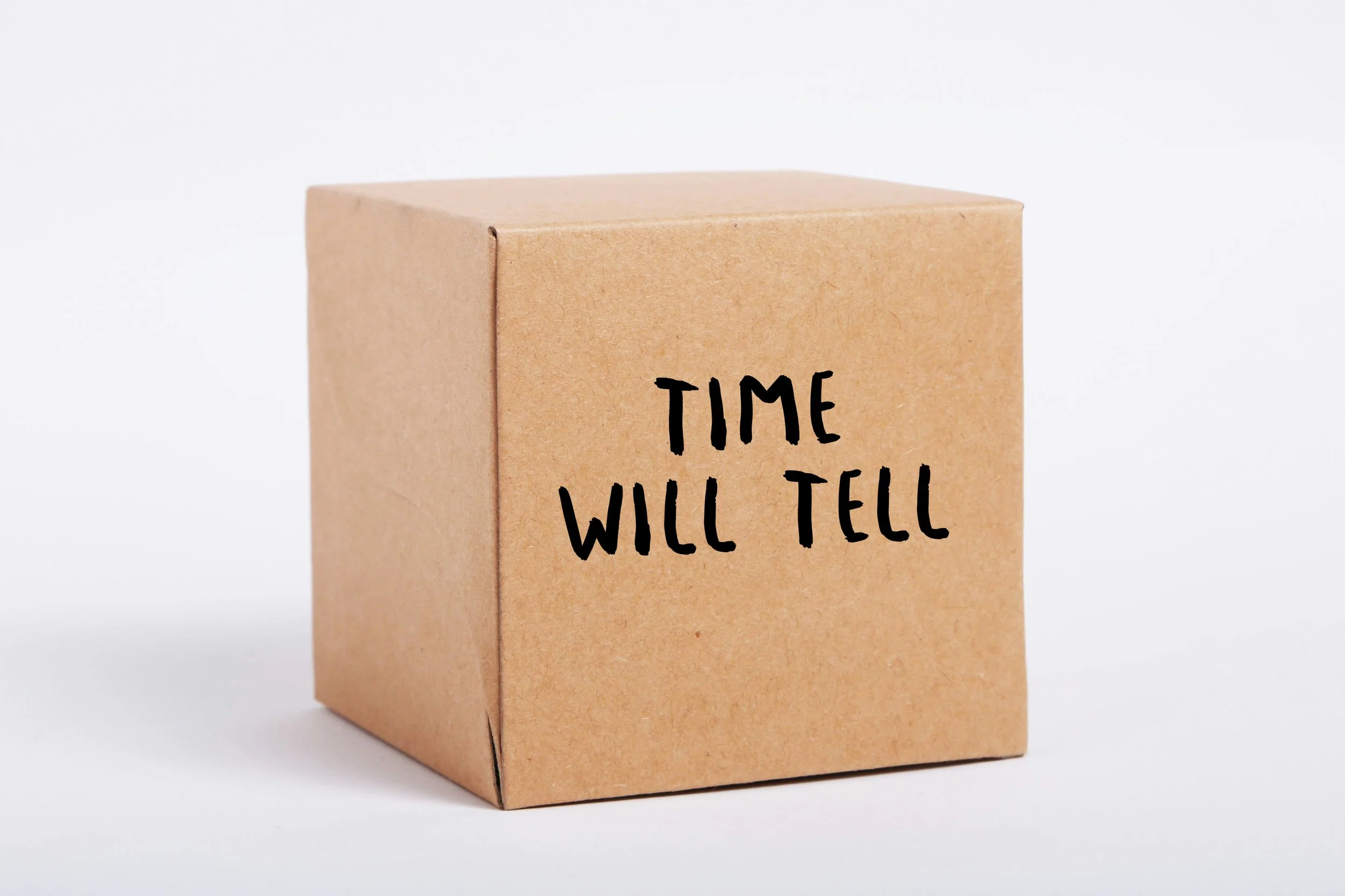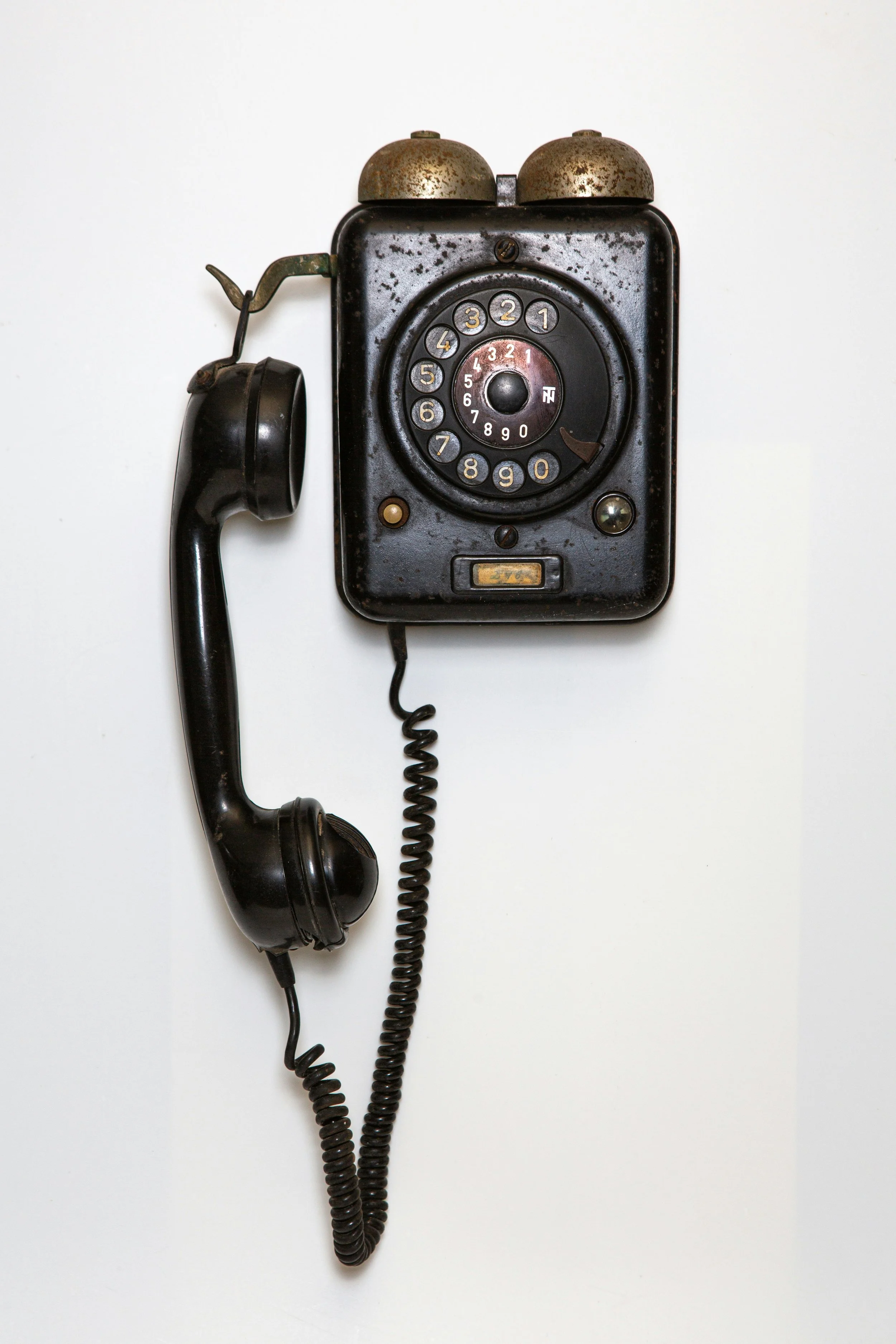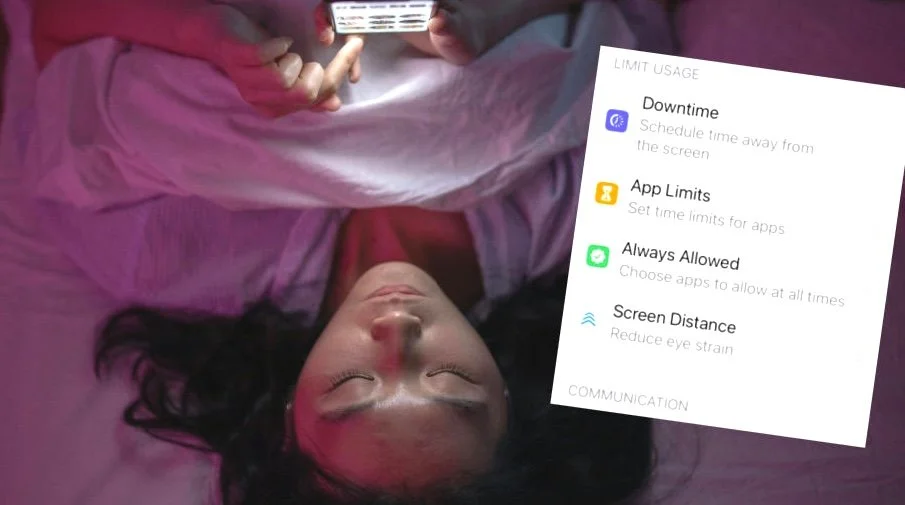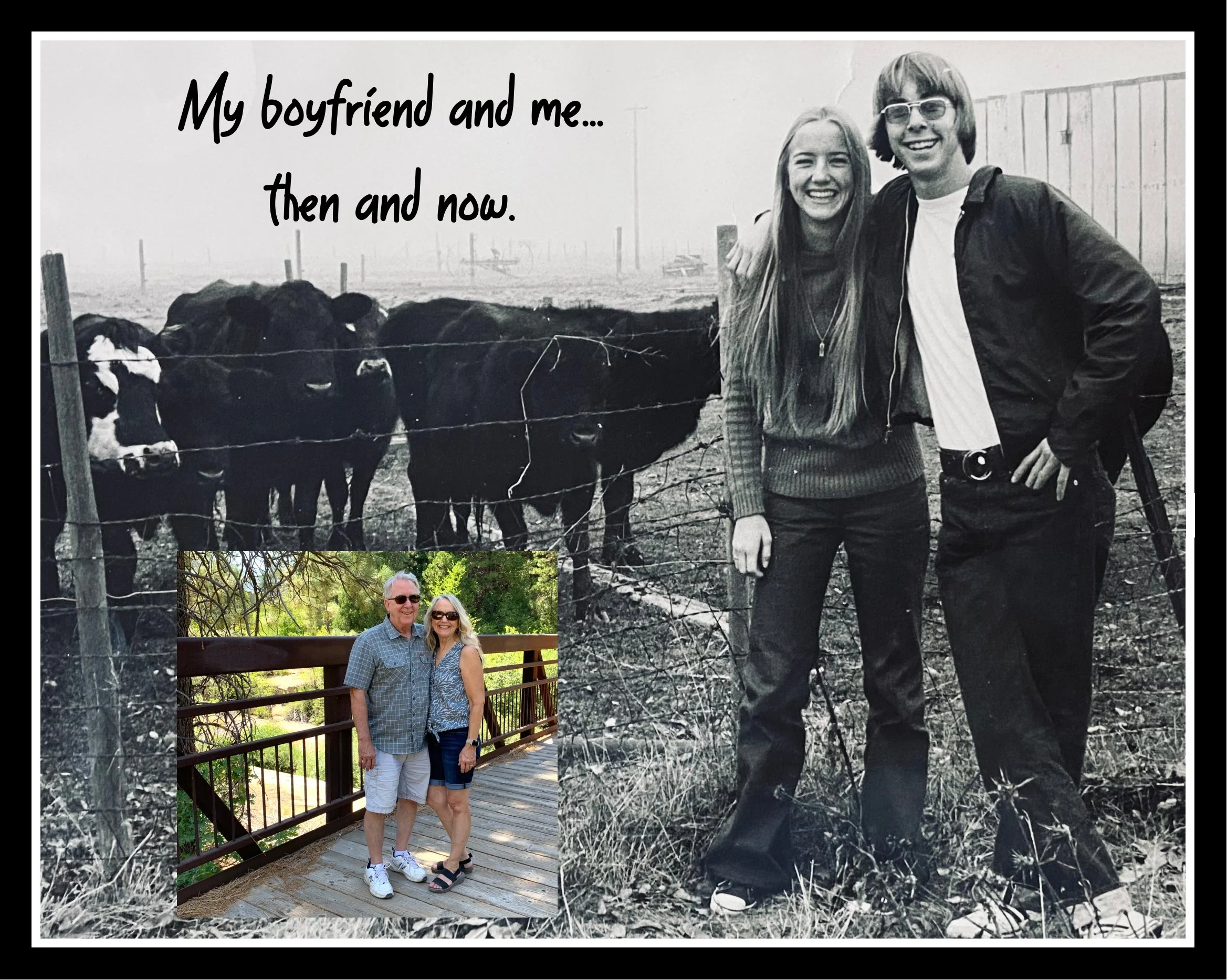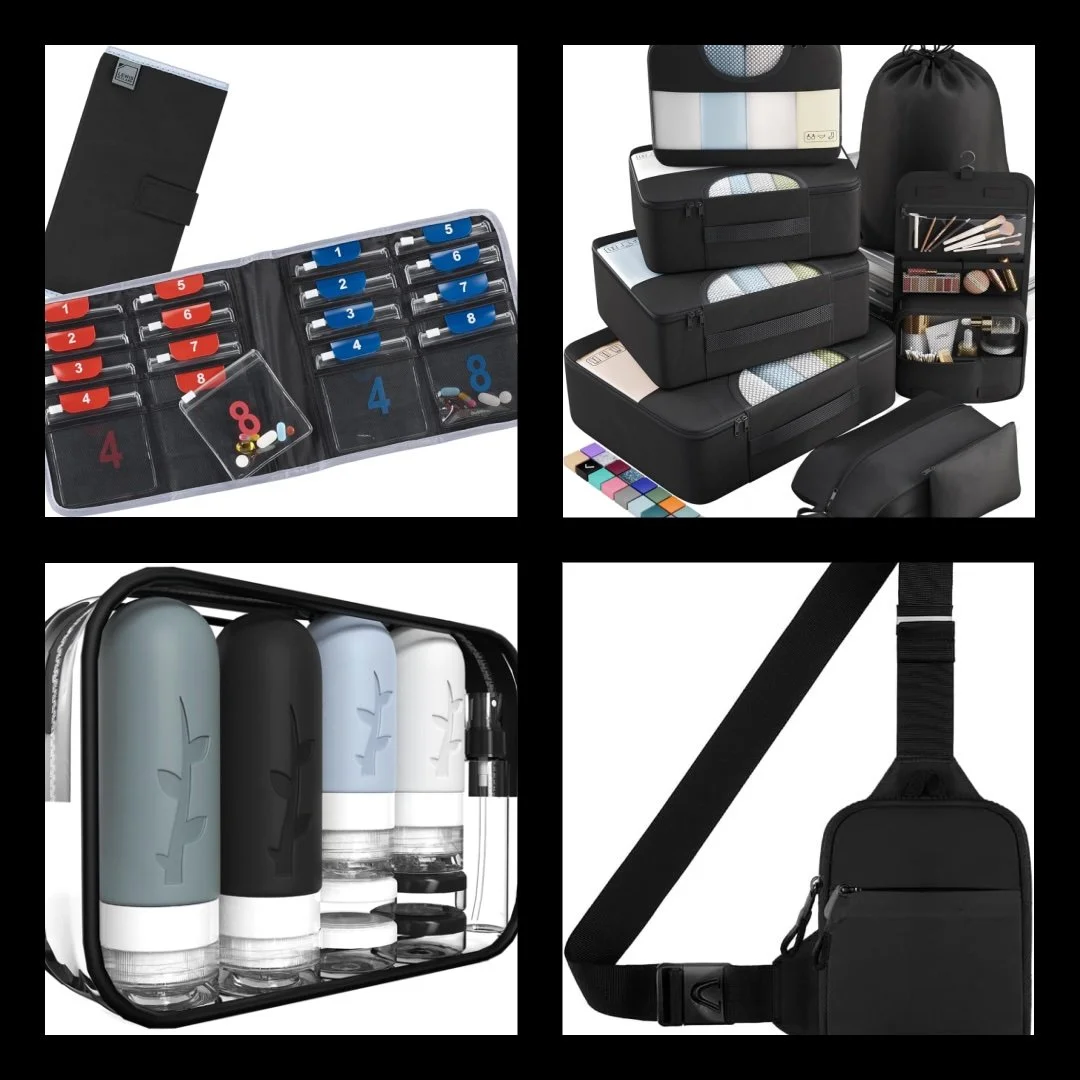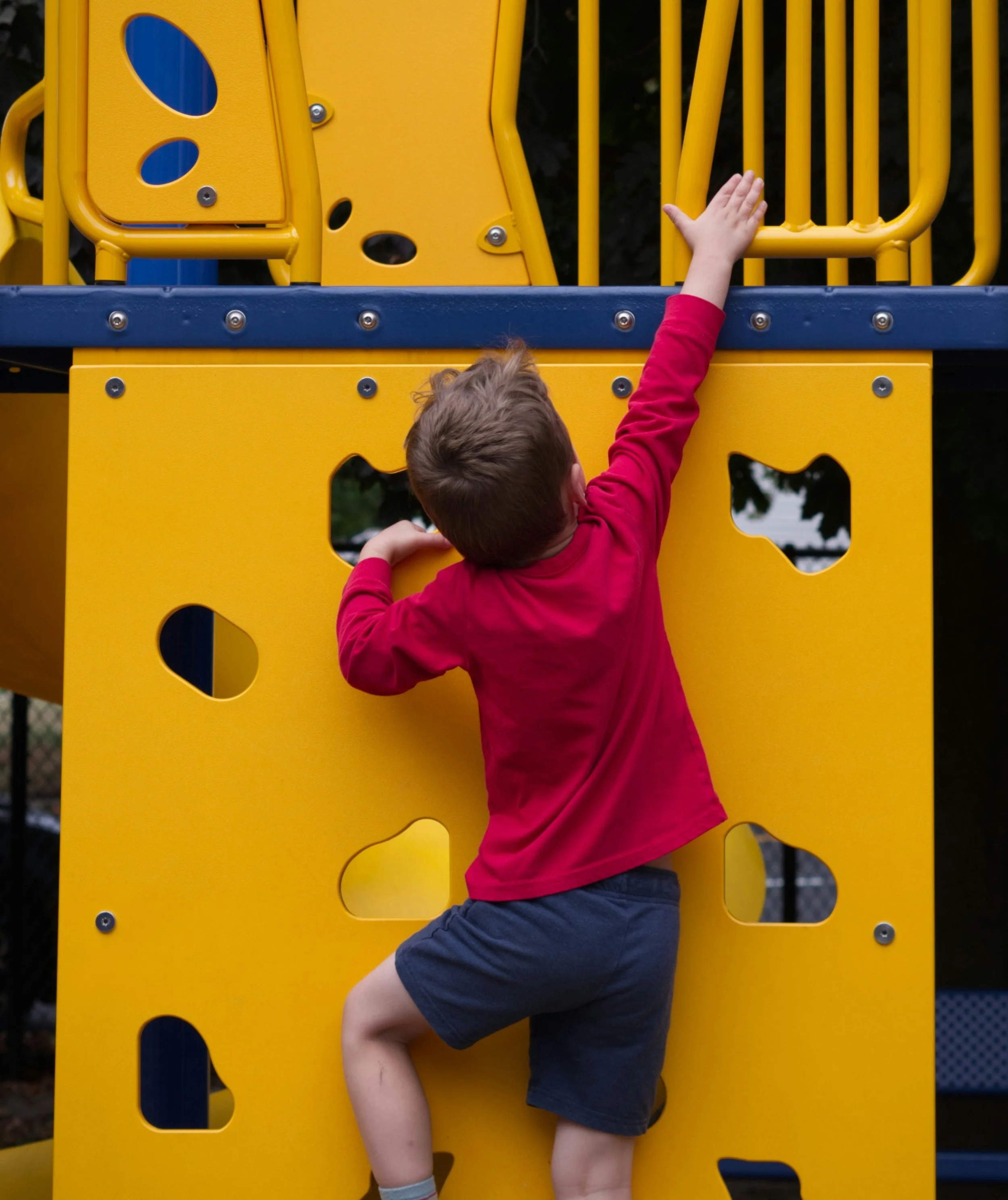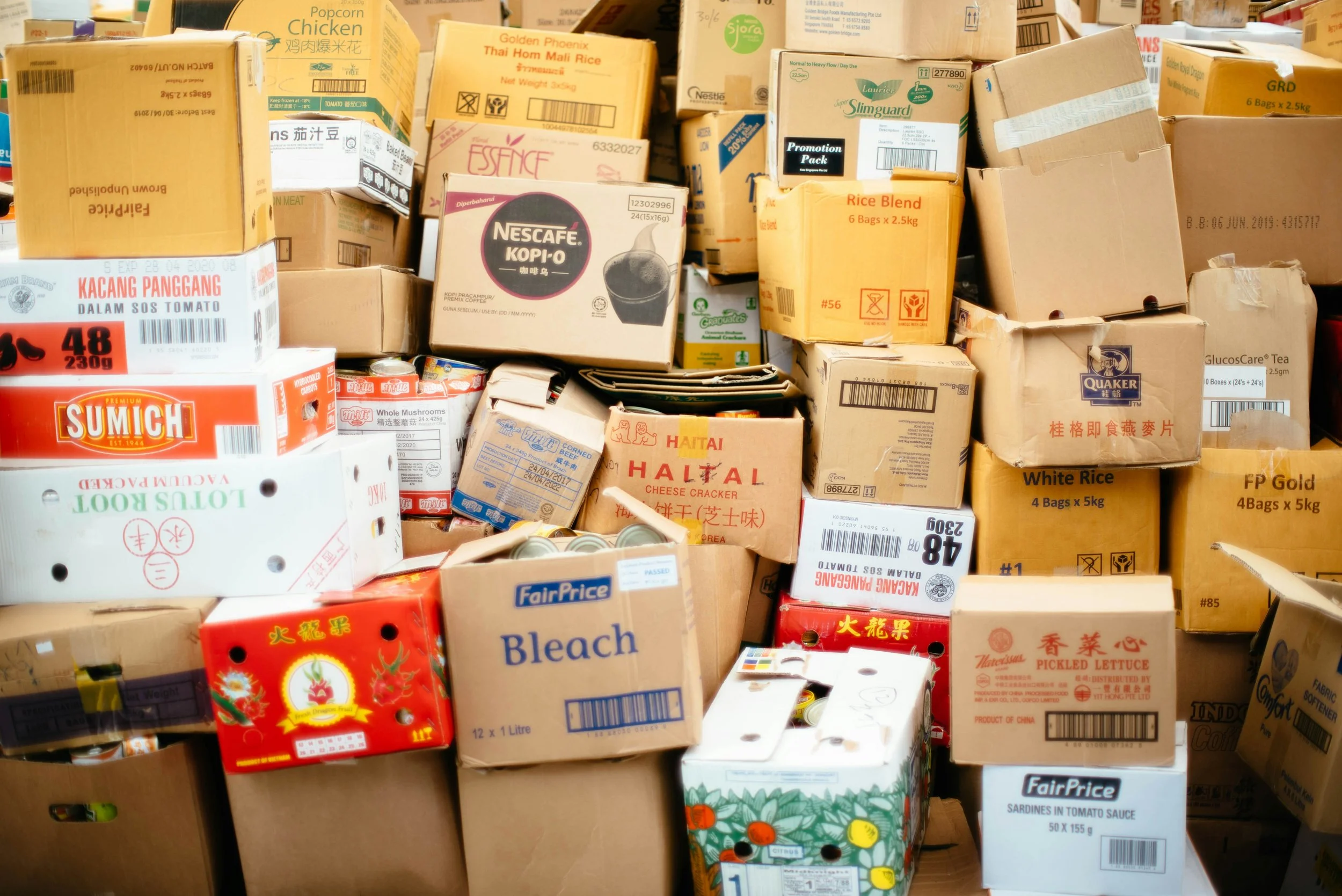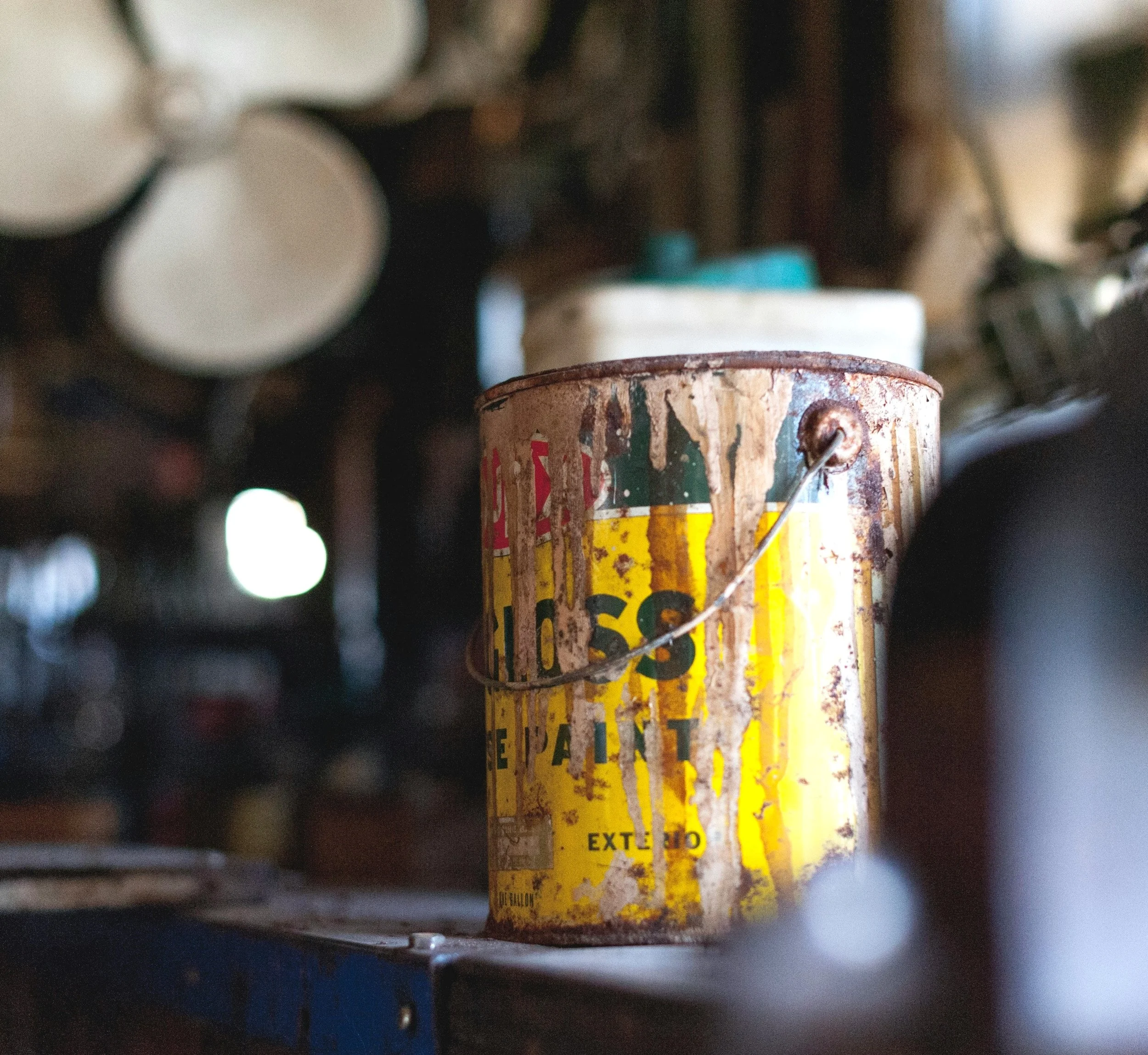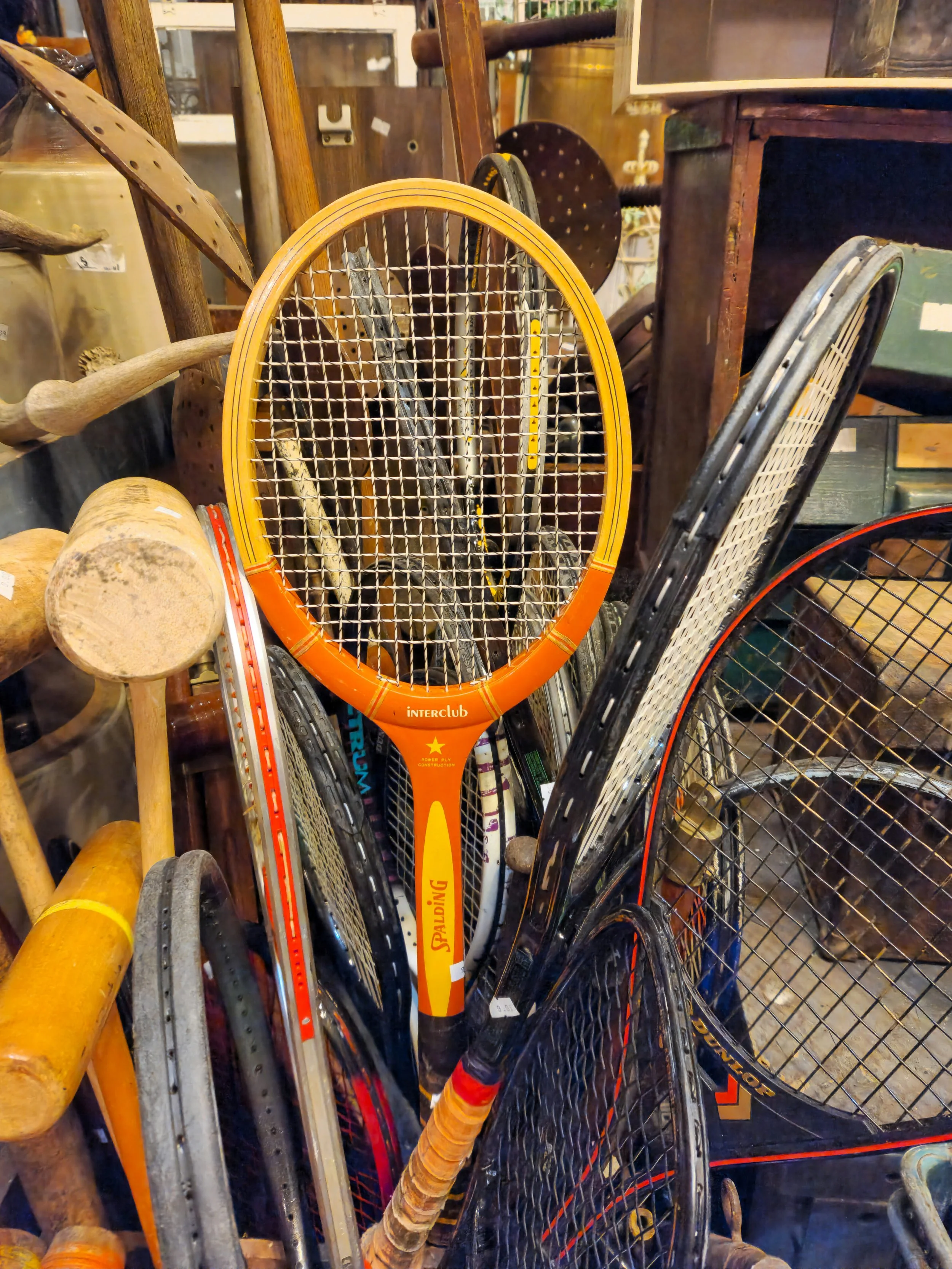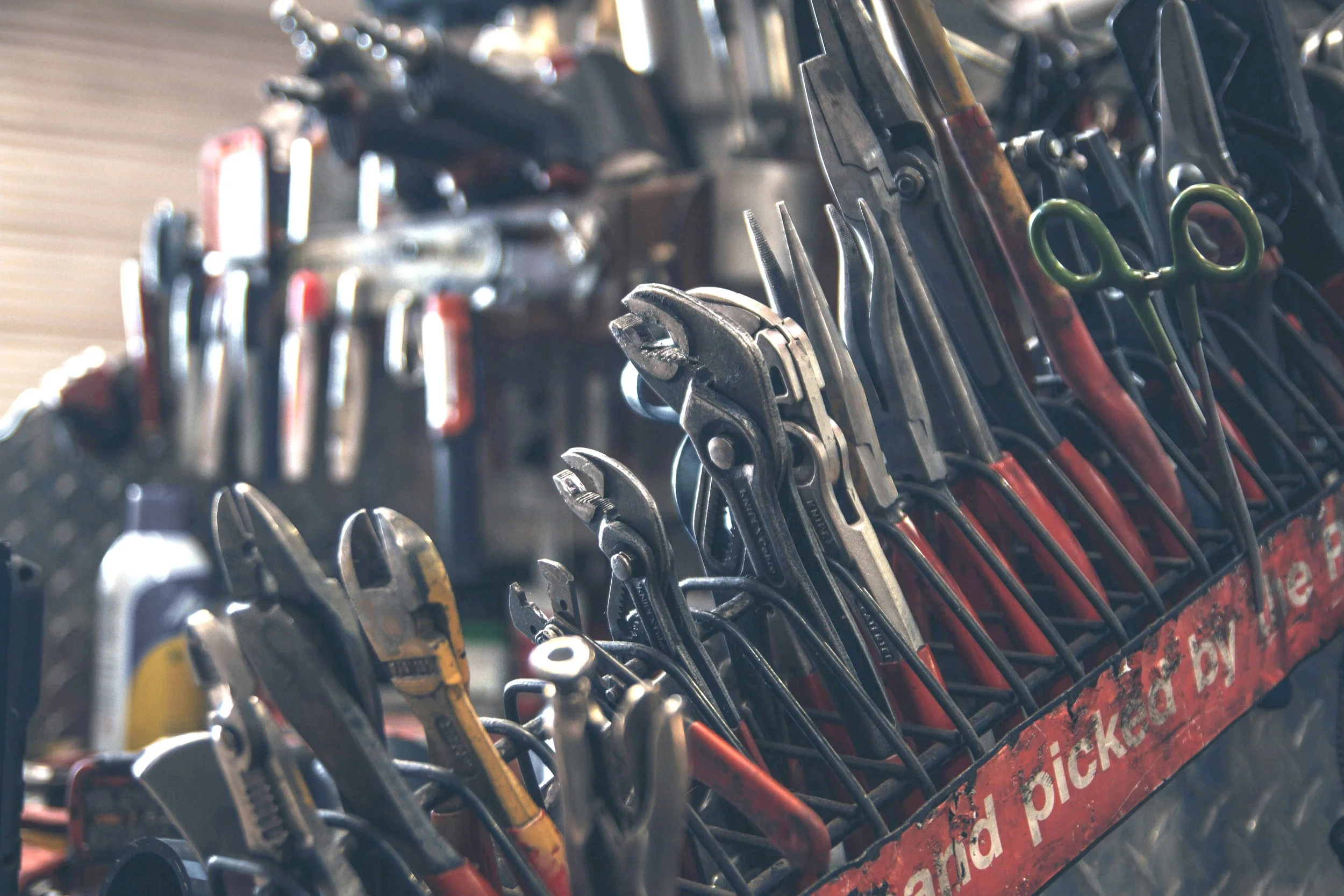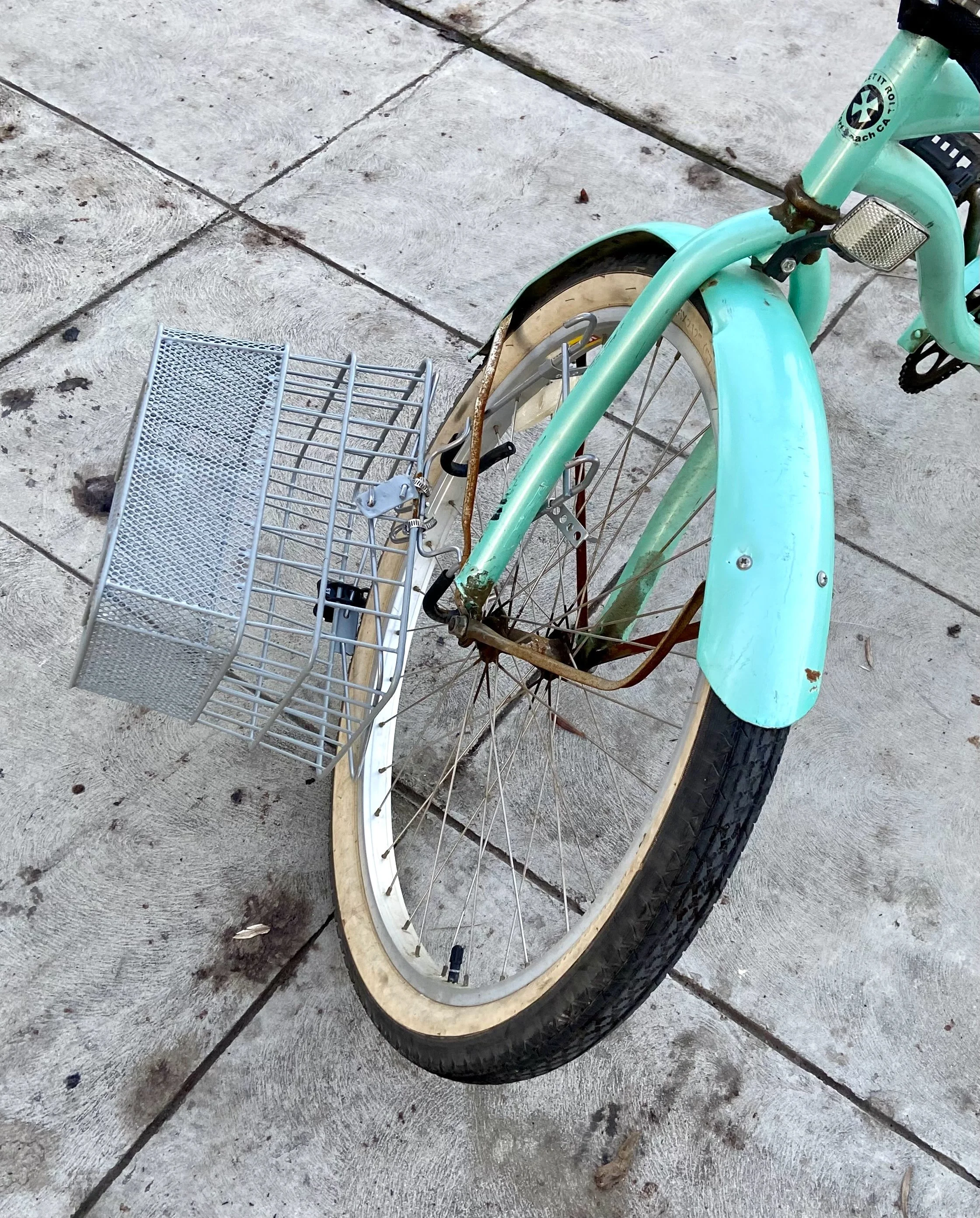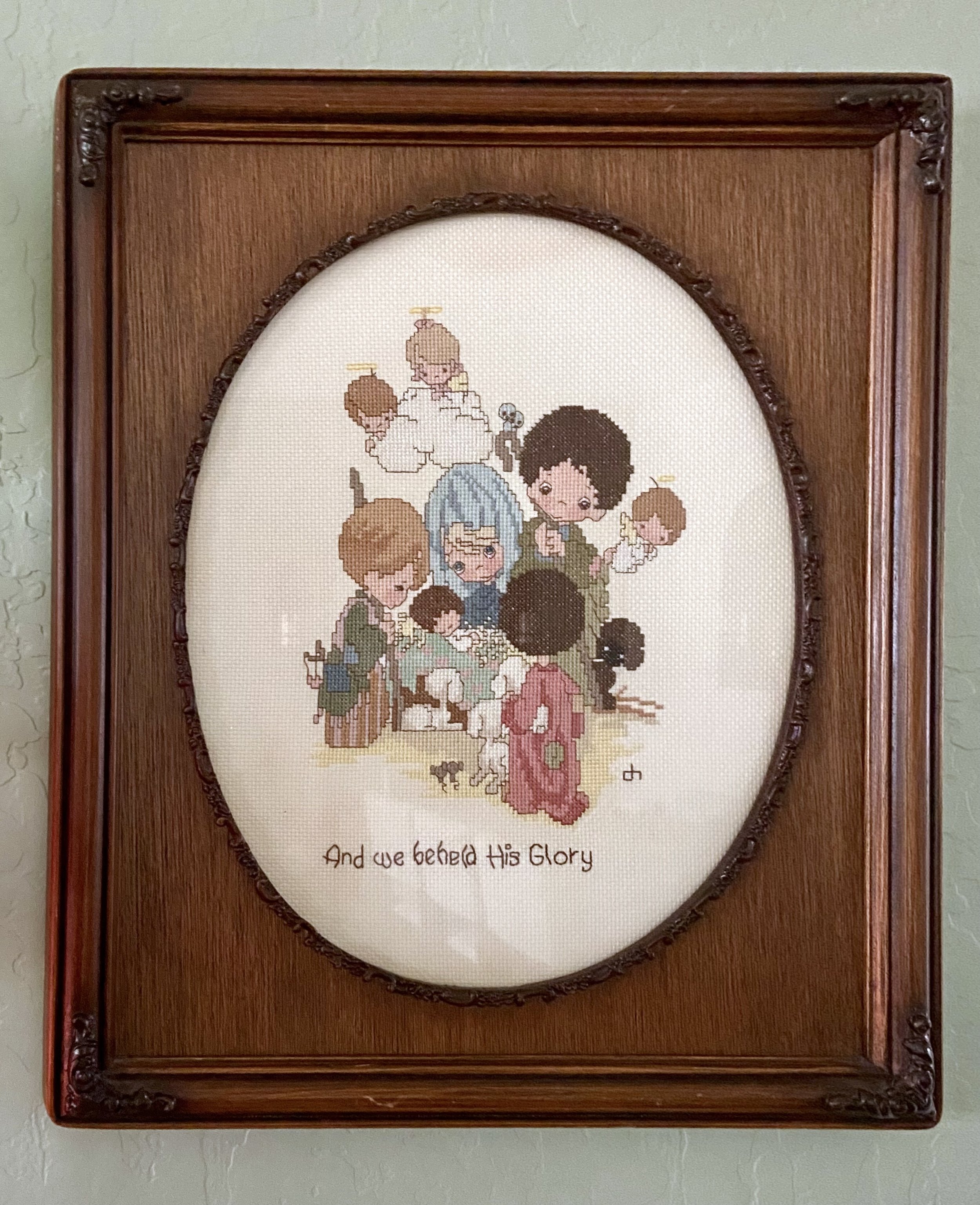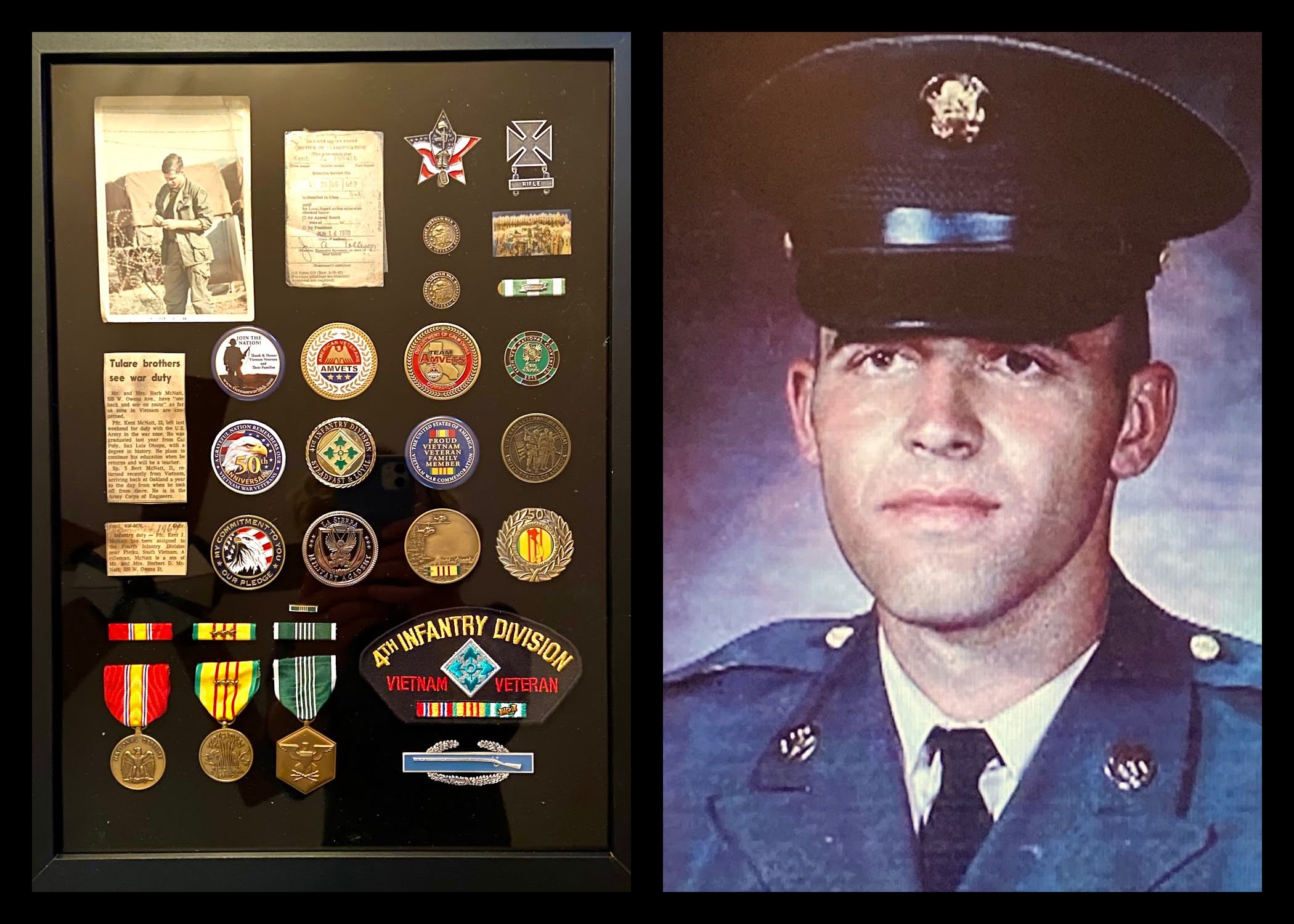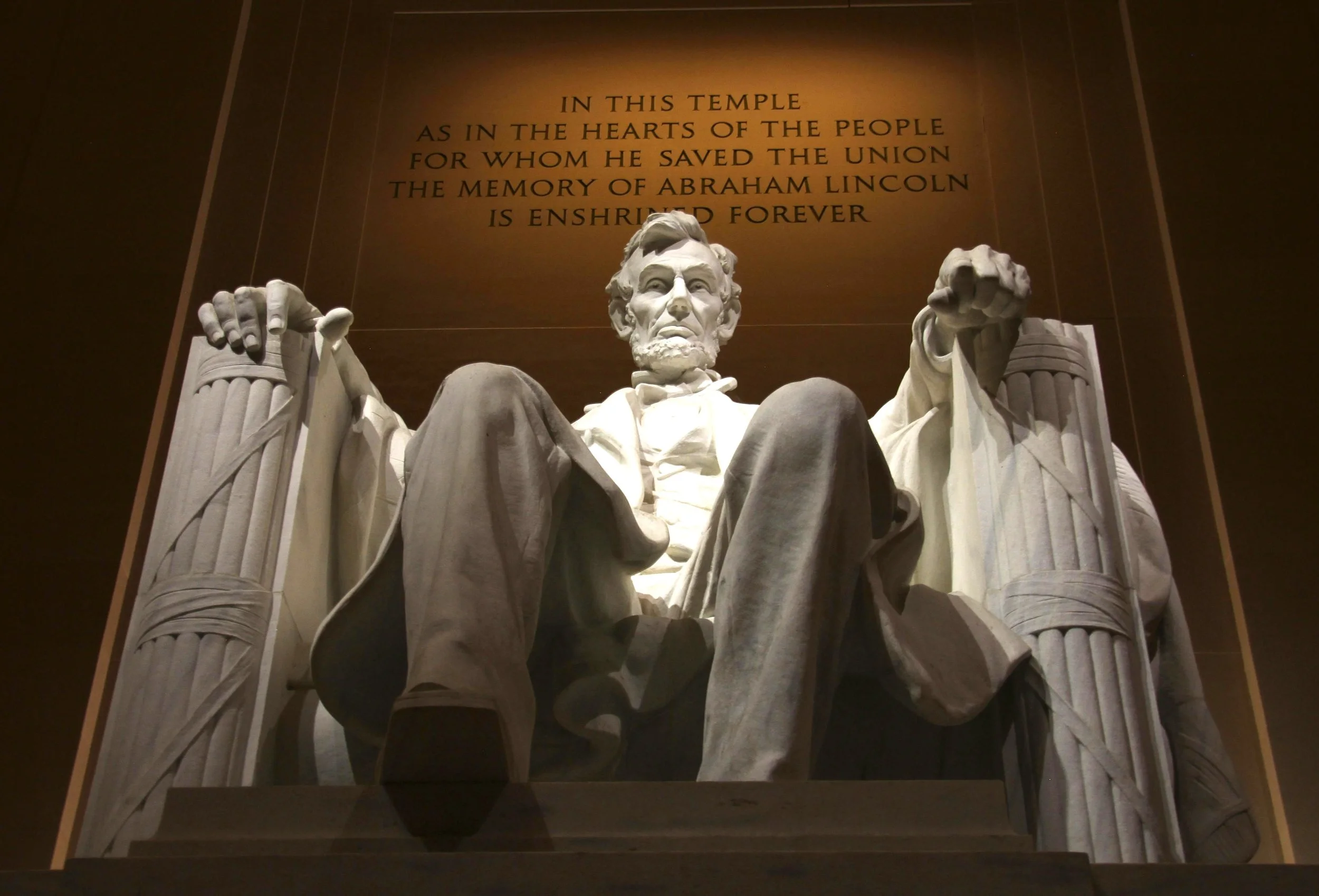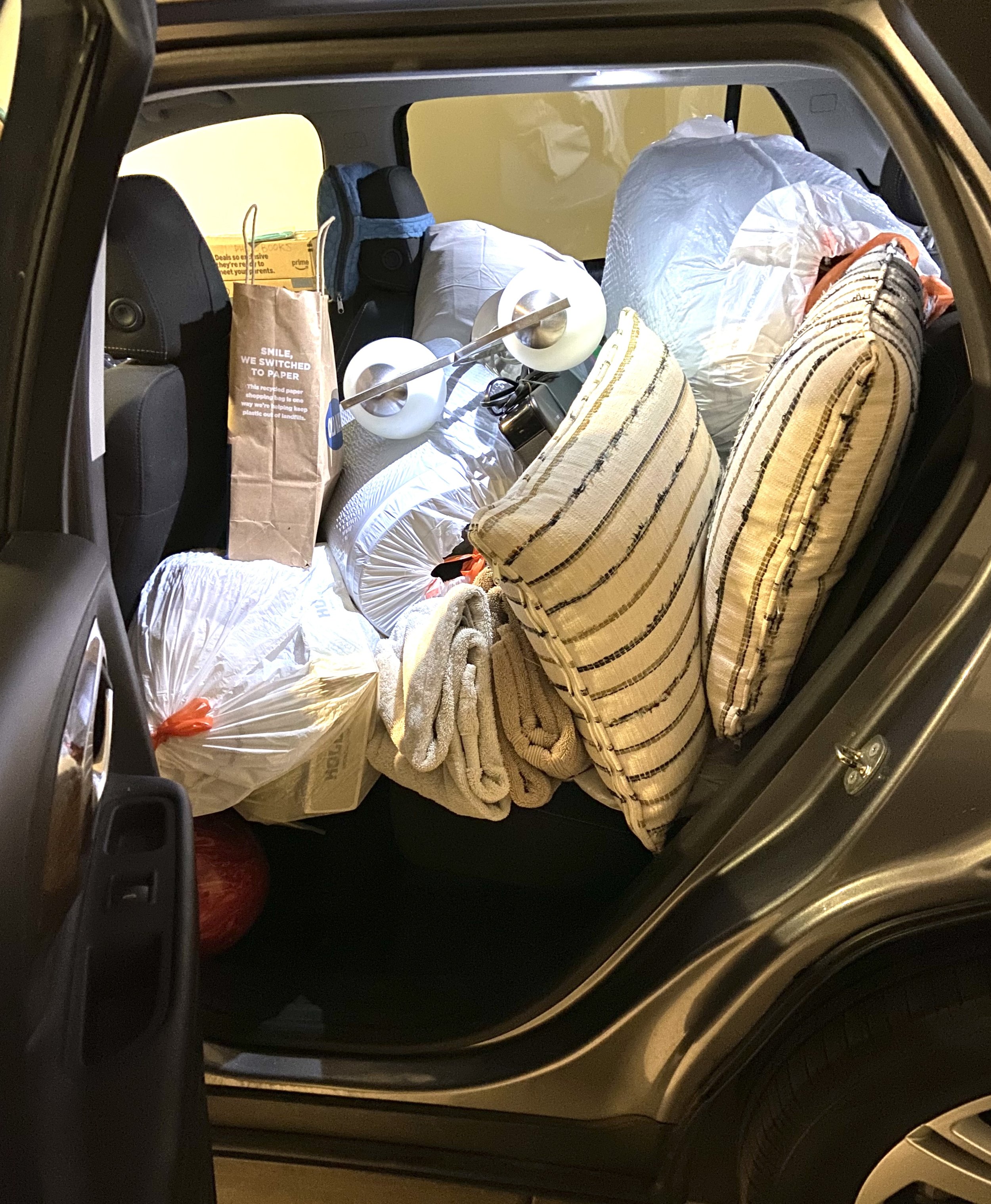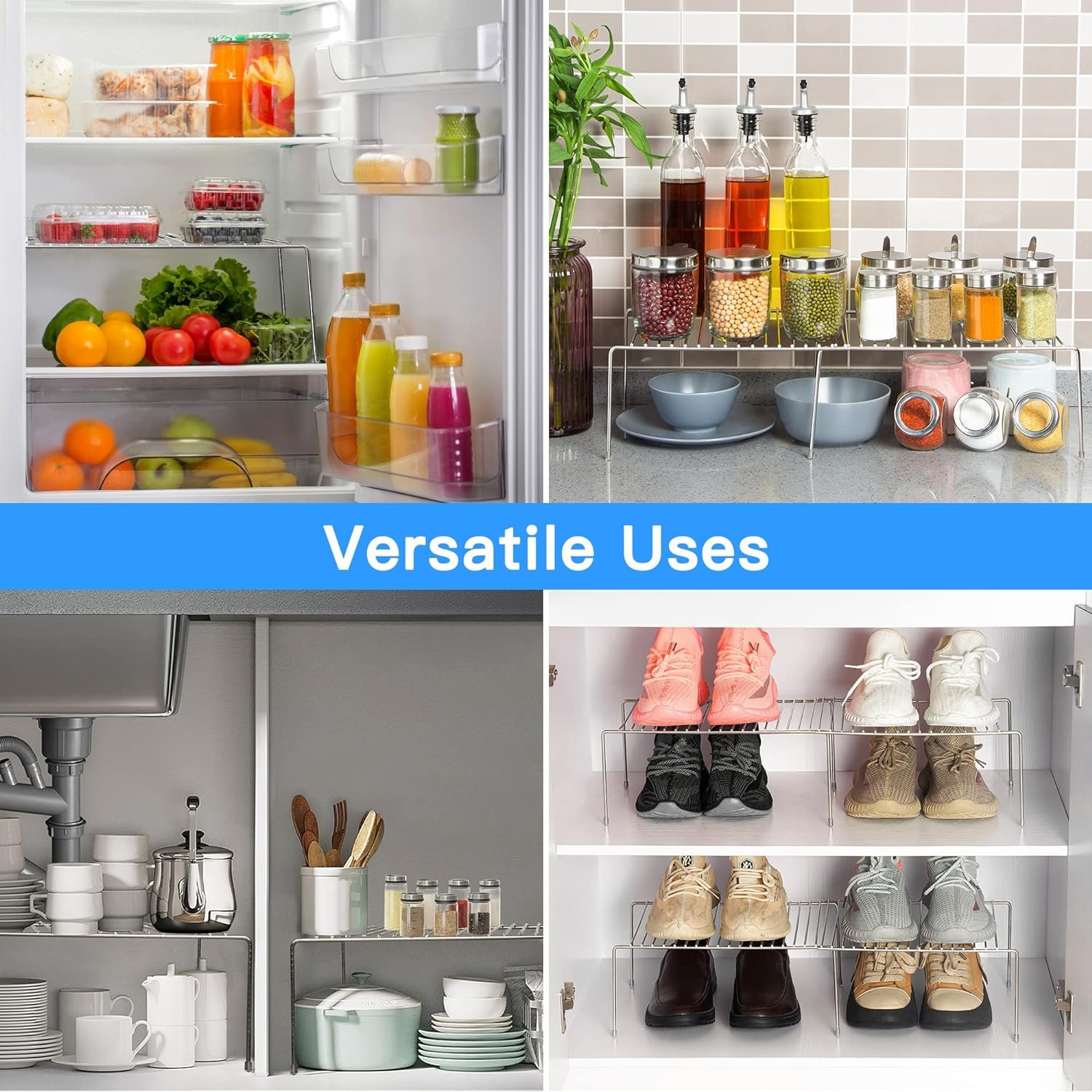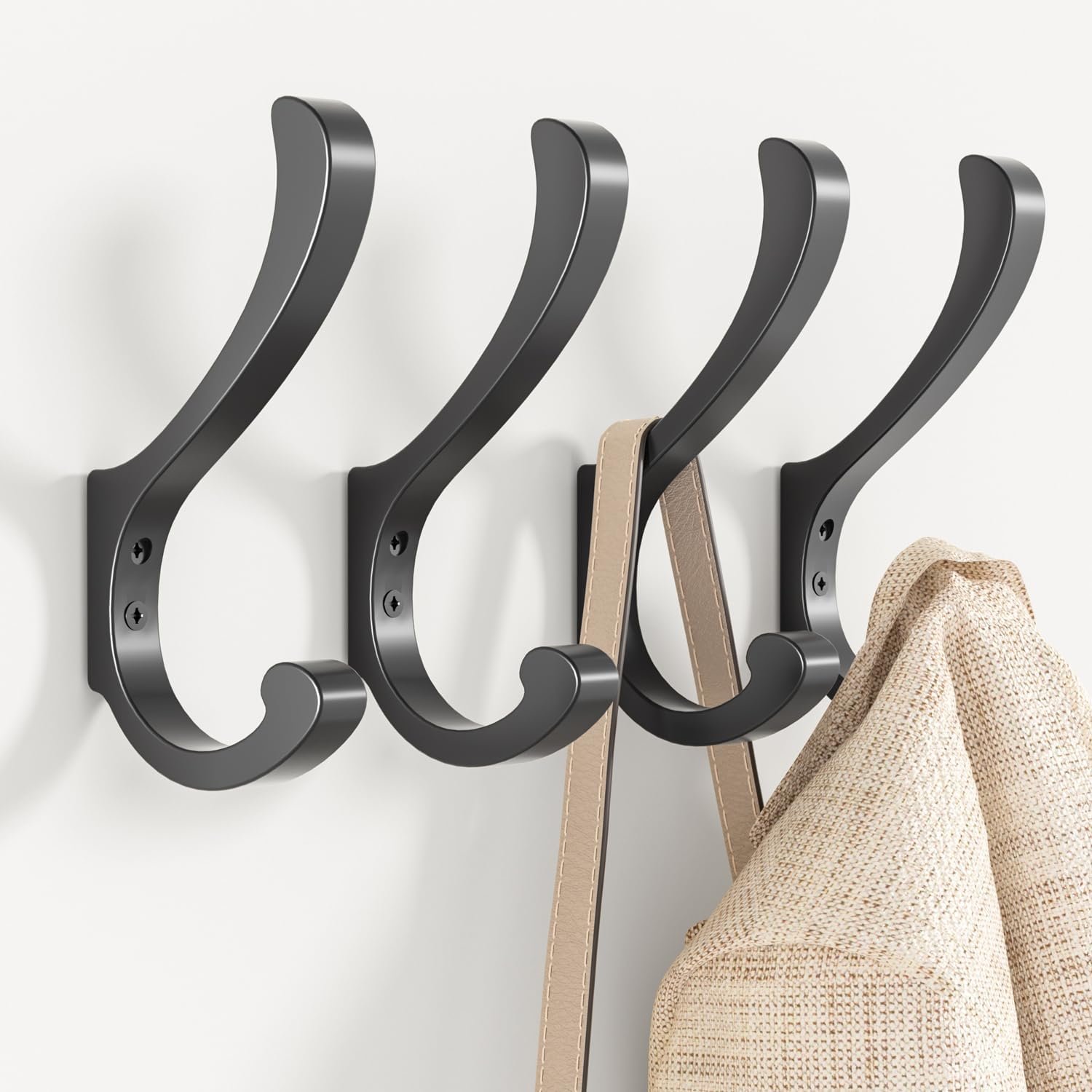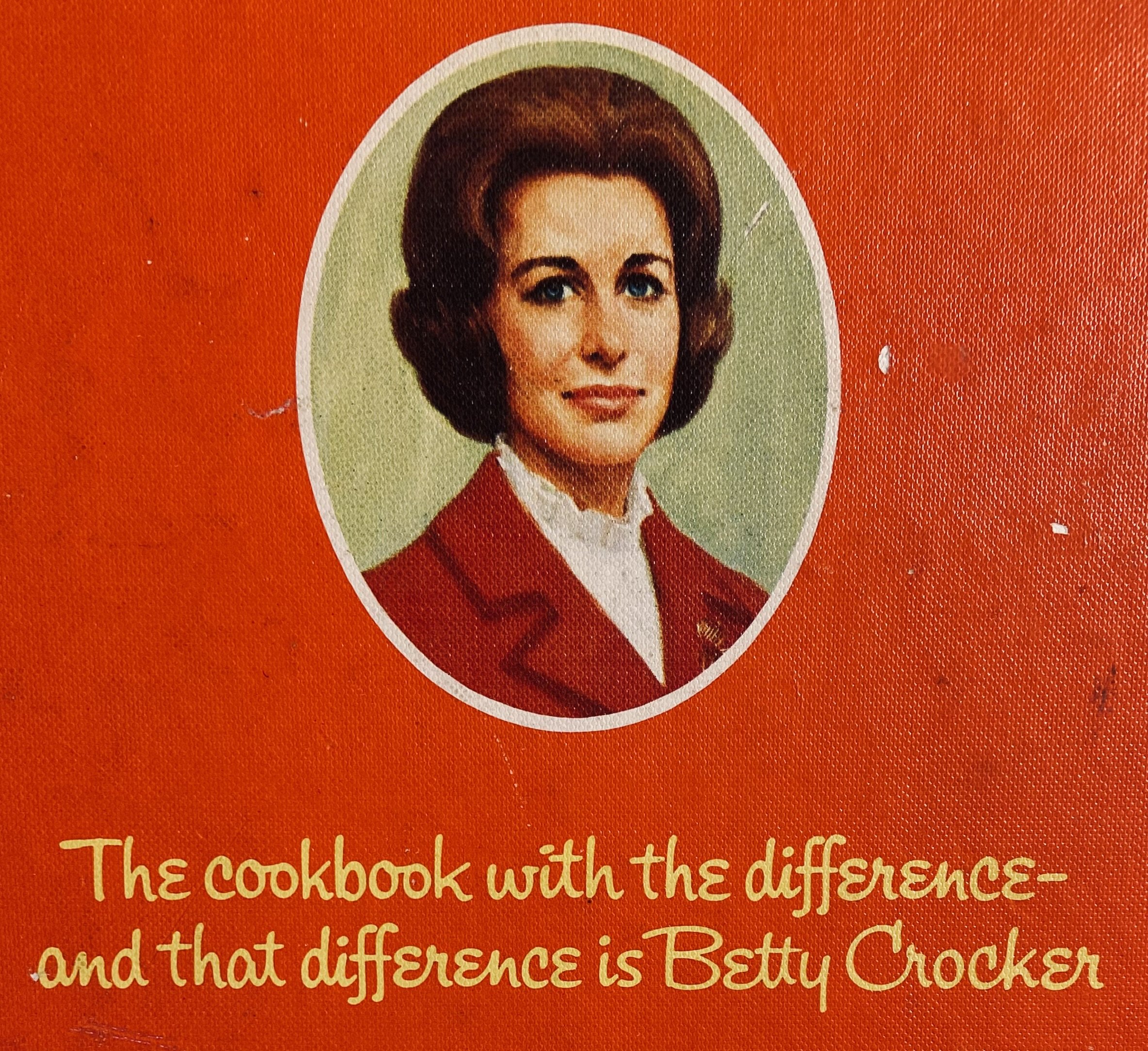If you’ve followed my blogs through the years, you know that I can’t let a November pass without a shout out to gratitude.
November gives us so many things to be thankful for—cooler weather, fall colors, pumpkin flavors and scents, and did I mention fall colors? My favorite. November even provides a whole day to express gratitude.
It’s not much of a stretch to find parallels when it comes to gratitude and organizing. Here are five Timely Tips for tidy spaces, and thankful hearts.
Timely Tips for tidy spaces and thankful hearts
1. Unearth treasures.
I often hear, “Oh that’s where that was!” Organizing unearths treasures that have sometimes been buried for a while.
Like an overstuffed closet, our minds are easily filled with the negative things in life. It’s not until we intentionally sort through them that we are able to "find" treasures we are truly grateful for.
2. Counter scarcity thinking.
When organizing, we create homes so we don't buy more of things we already have.
Gratitude helps us recognize that what we have is enough.
3. Make it a practice.
Reaping the benefits of organizing requires a maintenance plan. The more frequently you tidy up, the easier it is.
Likewise, make gratitude a daily activity—whether it’s writing in a journal, saying a prayer at mealtime, or reflecting on and giving thanks for the blessings of the day at bedtime. We can’t be too grateful.
4. Enhance relationships.
Organizing and treating our own and our housemates’ belongings with respect reduces tensions over lost items and cluttered shared spaces.
Expressing gratitude can be the first step in healing or enhancing a relationship. It communicates that you value that person. You won’t always feel grateful for everything he or she does, just like you won’t always have a perfectly tidy place, but they’re both ways of taking steps to show you care.
5. Promote peace.
Organizing involves removing piles of projects and paperwork invading our living space. Then, when we enter our family room, kitchen, or bedroom, we’re not bombarded with tasks and shuffling things from place to place causing anxiety. Organizing creates environments conducive to peace where our minds are calm and our bodies can rest.
To get technical for a moment, the The Neuroscience of Gratitude & Its Effects on the Brain article (15 Sep 2025 by Melissa Madison, Ph.D.) says “At a neurobiological level, gratitude regulates the sympathetic nervous system that activates our anxiety responses, and at the psychological level, it conditions the brain to filter the negative ruminations and focus on positive thoughts (Wong et al., 2018).” In layman’s terms, gratitude promotes peace in our brains. What a blessing!
While data about the positive effects of gratitude is relatively new, the wisdom of it dates back over 3,000 years.
“It is good to give thanks to the Lord.” Psalms 92:1
Photo by Priscilla Du Preez 🇨🇦 on Unsplash
wise words
Gratitude is a currency that we can mint for ourselves and spend without fear of bankruptcy. -Fred De Witt Van Amburgh
